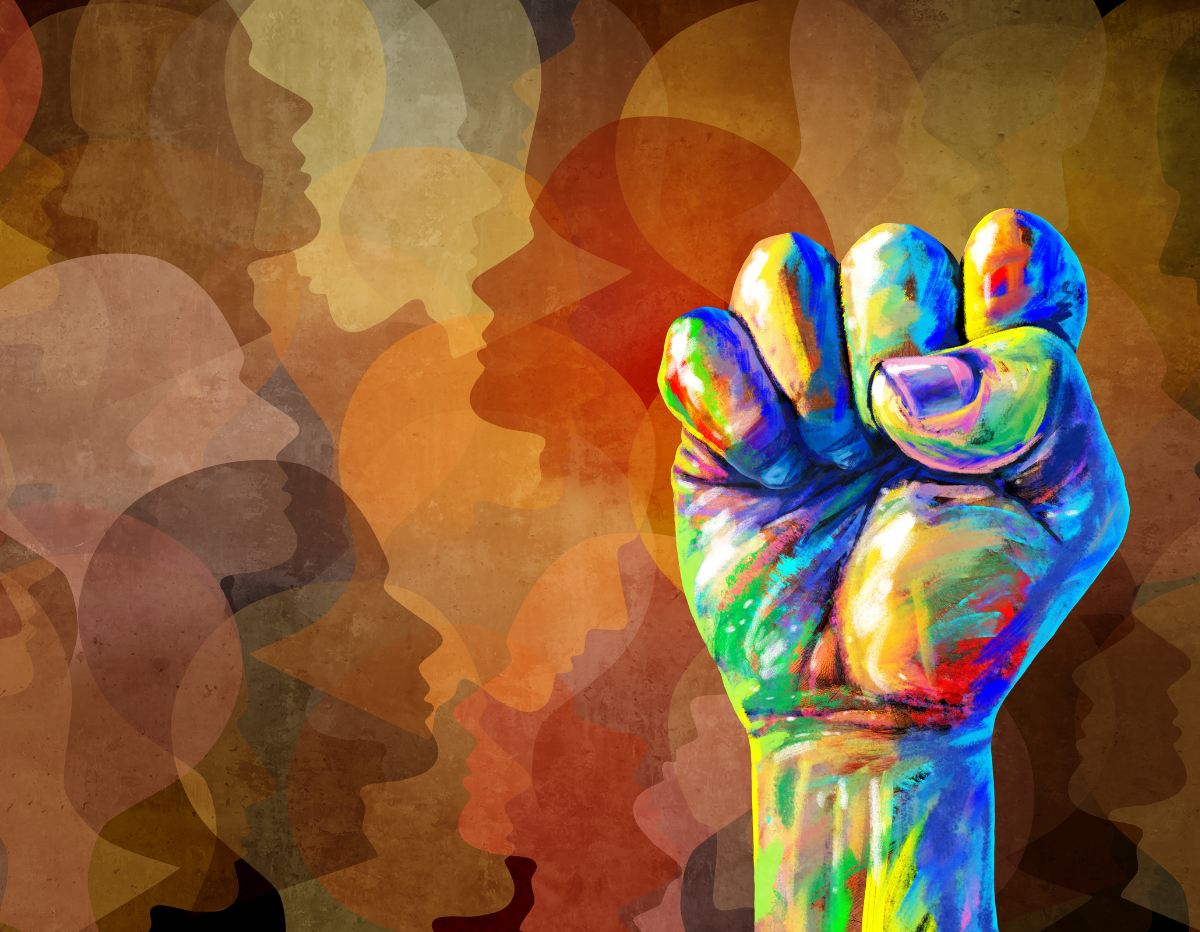
I recently read a briefing from our allies at the Prison Policy Initiative, and it contained a startling figure: 19 million people in America are living with a felony conviction. That’s nearly equal to the entire population of New York.
This reminded me of a friend. Her brother was once incarcerated. Since serving his sentence nearly 20 years ago, he’s earned a college degree, then a PhD. He is brilliant. Yet he can’t sit for the professional certification exam in his field because of the conviction on his record. He is one of the 19 million who continue to be punished by being denied the opportunity to thrive and to achieve without limitation.
I’m sharing this on Juneteenth for a reason. Today is a celebration of Black liberation. Across the nation — which finally recognized the importance of this day just three years ago — Black families and communities will gather in beautiful moments. We will cook out and share stories, we will dance and sing, we will laugh and be together.
We must celebrate, but we also must interrogate! What does liberation truly mean? How much distance still exists between our community and that ideal?
Until June 19, 1865, enslaved people in parts of Texas lived without knowing that the Civil War had ended two months before. They had been unaffected by the Emancipation Proclamation, issued two years earlier. On June 19, Union troops arrived in Galveston Bay, TX, to let 250,000 human beings know they were finally free from the horrors of slavery.
But it wouldn’t be so simple. After a brief period of hope and promise for Black Americans, white supremacy re-established its dominance with viciousness. Policing, prosecutions, and prison became a cornerstone, a foundational strategy, in the institutionalization of racial oppression.
Our criminal justice system today has a direct lineage to our slavery legacy. Slave patrols evolved into what today is a police force. Leaders have long enacted laws–not just in the South–designed to oppress and control Black people. The system’s focus has always been punishment, and that punishment rarely ends once a person is no longer locked behind bars.
I knew this when I became a federal prosecutor, hoping to drive change inside the system. But that experience revealed the strength of a system that won’t release its grip on racial oppression and retribution.
We have to build a new system for those 19 million people — one that recognizes that their criminal act was something they did, not who they are. We need a system that recognizes that virtually everyone who causes harm has themselves been harmed. And that they all need healing.
We need a system that gives people an opportunity to truly be accountable by repairing the harm they have caused and changing so they don’t do it again. That system should recognize the inherent dignity and worth of every person.
Our punitive system today still trains its sights on Black folks and other marginalized people. Only when we replace it can we achieve true liberation.
However you recognize Juneteenth today, please do more than celebrate the past. Together, let’s aspire to a future of true liberation. That will be a beautiful moment for all of us.
Toward justice,
Jamila Hodge
PS: If you haven’t yet, read about how Maryland Gov. Wes Moore liberated approximately 100,000 people from low-level marijuana convictions–recognizing their humanity and dignity. Read more here.



